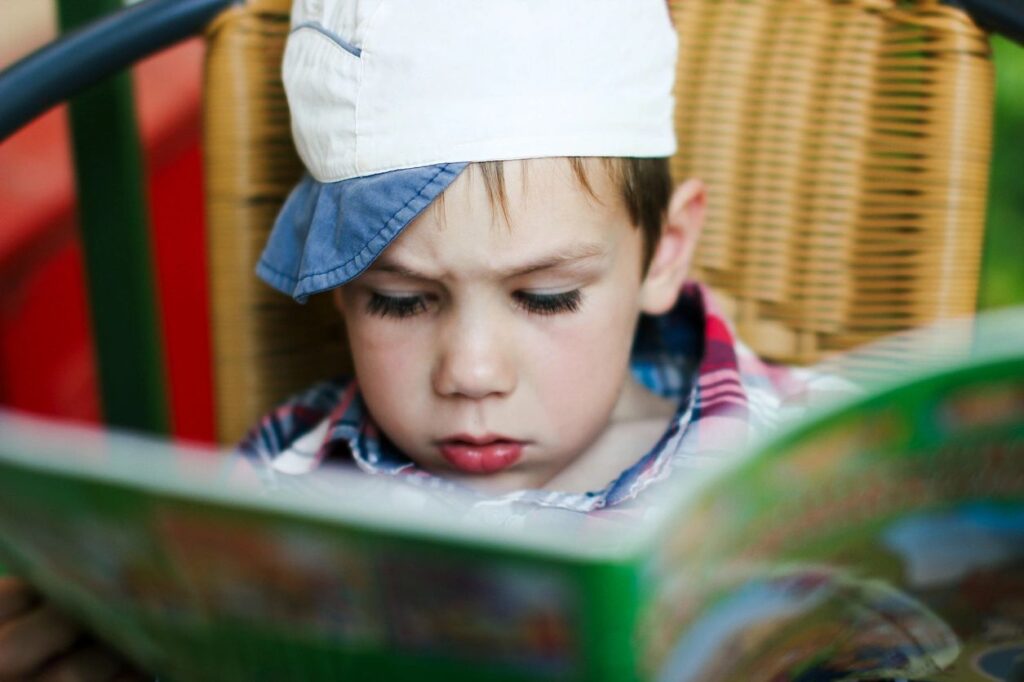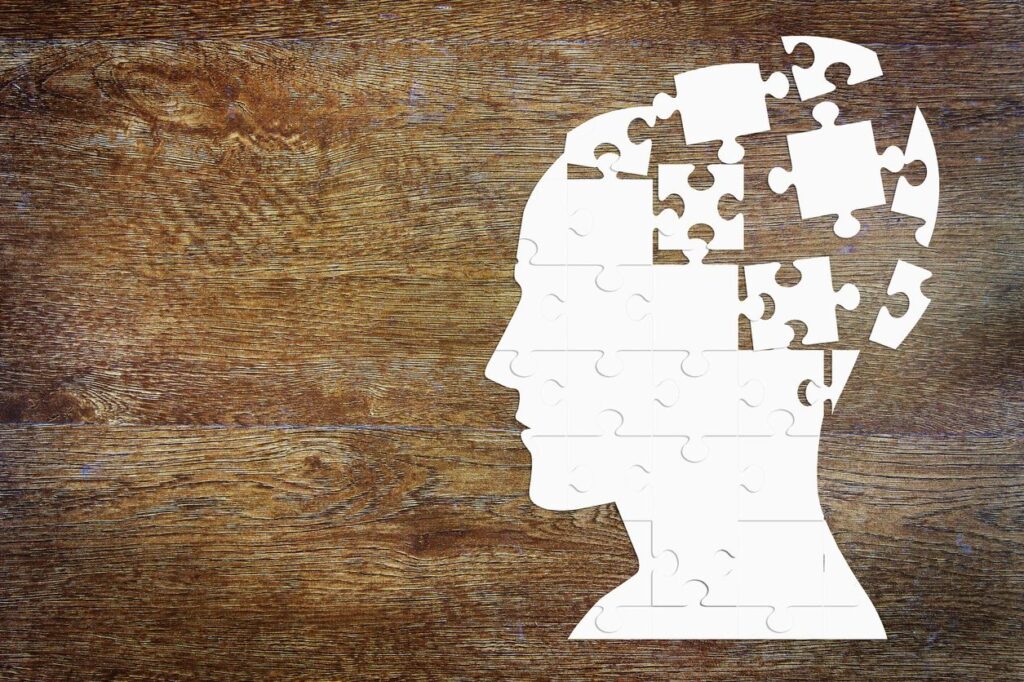Clinical Psychology
What Happens When College Students Disclose Mental Health Problems?
To disclose or not to disclose? For people with mental health conditions, it’s a common question. On one hand, disclosing your mental health condition is a step toward obtaining accommodations or support in your everyday life. On the other hand, with disclosure comes the risk of running into mental health stigma. A recently published study…
Read MoreTwo Ways to Use Social Media
In my last post, I talked about how children in neighborhoods with faster internet apparently evaluate their lives more negatively. That study is one of several that has explored a possible link between internet use and mental health risk. One thing to keep in mind when we talk about “internet use,” however, is that there…
Read MoreIn Neighborhoods With Faster Internet, Children Feel Worse About Their Lives
Who wouldn’t want a faster internet connection? Kids who want to feel good about their lives, maybe. A new analysis of data from 6,300 children carried about by researchers at University of Sheffield has come up with the finding that in neighborhoods with faster broadband speed, children and teenagers report feeling worse about their lives.…
Read MorePersonality Traits and Holiday Spending
Not everyone approaches the holiday season in the same way, financially speaking. Some will run up credit card bills with heaps of lavish gifts while others take a more tightfisted approach. A newly published study looks at some of the personality differences that play into holiday spending habits. In a paper titled Who Are the…
Read MoreDepression Might Be Part of the Reason Psychopaths Go to Bed Later
When the sun sets, all kinds of creatures come out of the woodwork. Owls, bats and … psychopaths? Some previous research suggests that the darker side of human nature really does have an affinity for the darker hours. For example, a 2013 study found that people who prefer to go to sleep and get up…
Read MoreCan a Cartoon Character Fight Stigma Against Autism?
Cartoons might seem like nothing more than a fun way to pass the time. Presumably, though, children who watch cartoons are integrating the things they see into how they view the world, as they do with more or less everything they encounter. That realization that cartoons can shape children’s attitudes is probably part of the…
Read MoreFamily Connectedness Predicts Teen Coping Skills
The family someone comes from can shape how they relate to the world around them – including how they cope with stressful situations, as it turns out. A new study from researchers in Canada and New Zealand suggests that the sense of connection teenagers have with their families foreshadows the coping skills they will develop,…
Read More“Dark” Personality Traits Aren’t Always Obvious to Others
In my last post, I talked about good liars and what sets them apart. As it turns out, today’s topic is going to continue our look at the darker side of human personality. Up for discussion today is the so-called “dark triad” of personality traits. These include: Narcissism: A tendency to take a grandiose view…
Read MoreIs Your Phubbing Hurting Your Kids?
“Phubbing” is an invented word for a phenomenon we all know to be quite real: the act of snubbing someone by burying your face in a smartphone. Psychologists have previously tied phubbing to worse mental health and less social connectedness. Now, a study adds evidence that phubbing can be bad for families too, with parents’…
Read MoreUntangling the Links Between Sedentary Behavior and Depression
Among the detrimental effects that are increasingly being blamed on sedentary behavior are mental health conditions such as depression. In one study I wrote about a couple years ago, researchers found that just one week of sedentary behavior could significantly lower people’s life satisfaction. Figuring out why sedentary behavior and depression go together is more…
Read More









